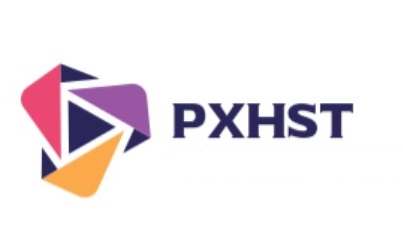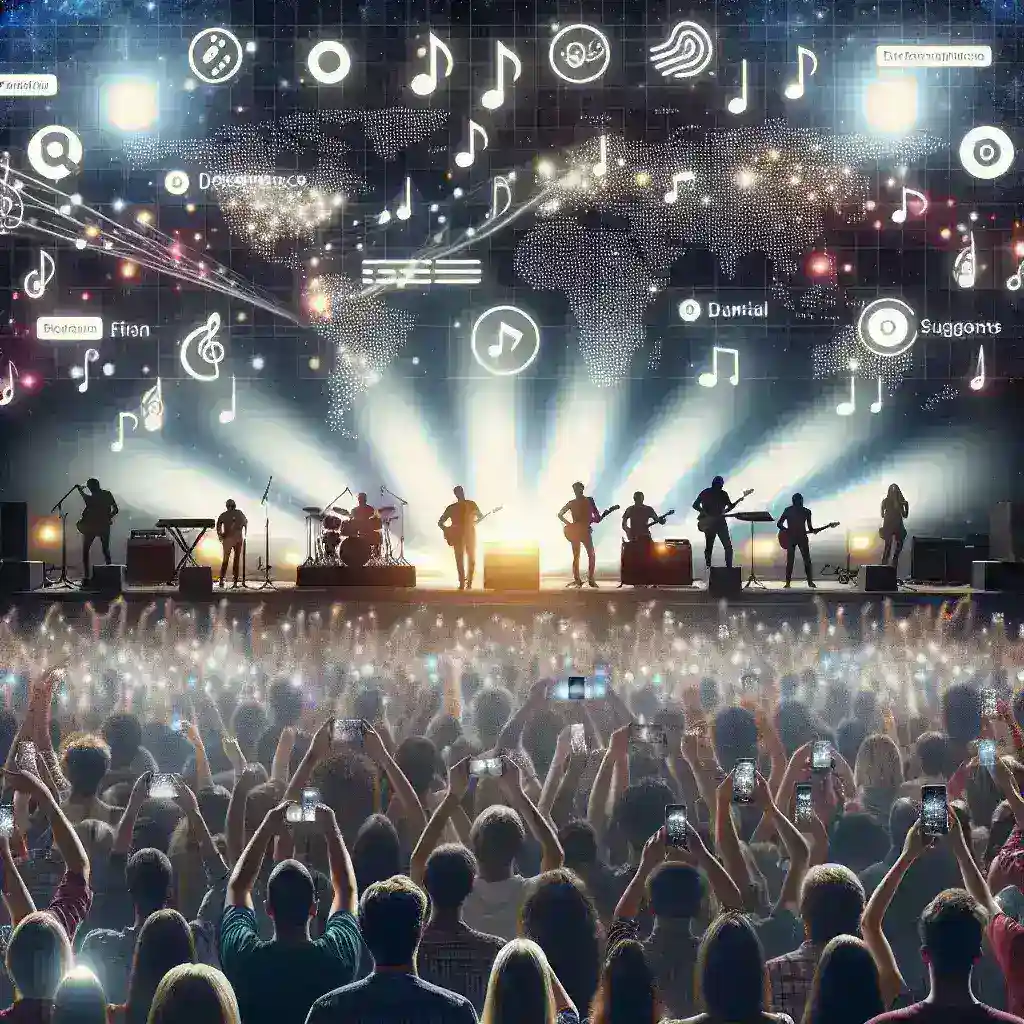Spotify Unveils AI Concert Discovery Tools for U.S. Audiences
In a groundbreaking move, Spotify has announced the launch of its innovative AI concert discovery tools, designed specifically for U.S. audiences. This exciting development promises to revolutionize the way fans find and attend live music events, harnessing the power of artificial intelligence to create a more personalized experience.
The Significance of AI in Music Discovery
The integration of AI into music platforms is not new, but Spotify is taking it a step further by applying this technology to concert discovery. The AI tools will analyze users’ listening habits, preferences, and geographical locations to recommend concerts that align with their musical tastes.
The Algorithms at Work
Spotify’s algorithms will utilize a range of data points, from the frequency of streams for particular artists to the types of playlists users engage with. This data-driven approach ensures that recommendations are not only accurate but also relevant, allowing users to discover emerging artists and local events they might otherwise overlook.
Historical Context: The Evolution of Concert Discovery
Historically, discovering live music events has often relied on traditional advertising and word of mouth. Fans would scour social media, local venues, and radio stations for information. However, with the rise of digital platforms, the landscape has changed dramatically. Spotify’s latest initiative underscores the importance of technology in enhancing user experience and engagement.
The Rise of Personalization
Personalization has become a key factor in user retention for streaming services. As users demand more tailored experiences, Spotify is stepping up to meet these expectations by ensuring that concert recommendations are not just generic announcements but are finely tuned to individual tastes.
How the New Tools Work
Spotify’s new AI concert discovery tools will be accessible through the main app. Users will receive personalized concert recommendations based on their listening habits. Here’s how it works:
- Data Collection: The AI analyzes the user’s listening history to identify preferences.
- Geolocation: The tool uses location data to suggest nearby concerts.
- Event Alerts: Users can opt-in for notifications about upcoming shows from their favorite artists.
- Social Integration: The tool allows users to see which of their friends are attending certain events.
Pros and Cons of AI Concert Discovery
While the benefits of using AI for concert discovery are significant, there are also potential drawbacks. Below, we explore both sides:
Pros
- Personalized Experience: Users receive tailored concert suggestions, enhancing their chances of discovering new music.
- Convenience: Easy access to concert information without the need for extensive searches.
- Increased Engagement: Fans may feel more connected to their favorite artists when they can easily attend live events.
Cons
- Privacy Concerns: The use of location data raises questions about user privacy.
- Over-reliance on Algorithms: Users may miss out on concerts that don’t fit their usual listening patterns.
- Monopolization of Data: Dominant platforms may control the concert landscape, impacting smaller venues and artists.
Future Predictions: The Impact of AI on Live Music
As the music industry continues to embrace technology, the future of live music experiences looks promising. With AI concert discovery tools, fans can expect:
- Increased Access: More people will discover live music they might have missed.
- Enhanced Fan Experiences: Interactive features will likely be integrated, making concerts more engaging.
- Support for Artists: Emerging artists can gain visibility through targeted recommendations.
Cultural Relevance: Music and Community Connection
Live music has always played a vital role in building community connections. As Spotify rolls out these AI tools, it will not only change how users discover music but also how they engage with their local music scenes. This initiative aligns with a broader cultural movement where technology and music intersect, fostering a new wave of community engagement.
Expert Insights
Industry experts suggest that Spotify’s move could set a new standard for how music platforms operate. As one music industry analyst stated, “By integrating AI into concert discovery, Spotify is not only enhancing user experience but also paving the way for a more connected music community.” This sentiment echoes the beliefs of many who see technology as a catalyst for change in how we experience music.
Real Examples of AI in Concert Discovery
Several live events have already begun utilizing AI for concert planning and promotion. For instance, festivals have started using machine learning algorithms to predict attendance based on past data. By analyzing ticket sales and social media engagement, they can optimize lineups and marketing efforts to increase participation.
Step-by-Step Guide to Using Spotify’s AI Tools
To make the most of Spotify’s new AI concert discovery tools, follow these simple steps:
- Update the Spotify App: Ensure you have the latest version of the app.
- Check Preferences: Navigate to settings and turn on notifications for concert recommendations.
- Explore Recommendations: Visit the ‘Concerts’ section to discover personalized event suggestions.
- Set Alerts: Enable alerts for favorite artists to stay updated on their tour dates.
Conclusion: A New Era of Concert Discovery
Spotify’s introduction of AI concert discovery tools marks a significant milestone in the live music landscape. By leveraging data to create personalized experiences, Spotify is not only enhancing how fans engage with music but also reshaping the future of concert attendance. As audiences increasingly seek meaningful connections with the artists they love, this initiative is set to play a pivotal role in bridging the gap between listeners and live music. With the potential for increased access and engagement, we can look forward to a vibrant future for live music in the U.S. — one where AI helps fans discover their next unforgettable concert experience.

